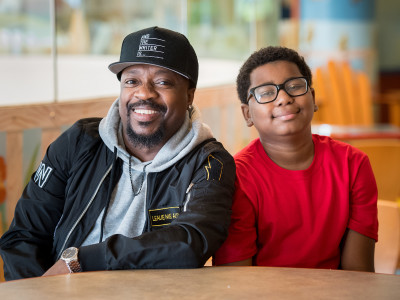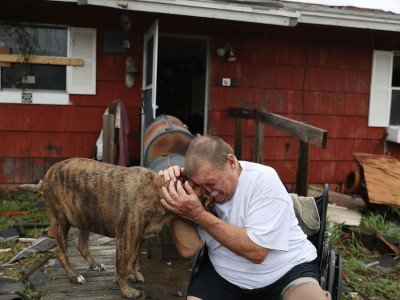The elections are less than a month a way, last nights debates finally addressed an issue that undoubted is of vital importance and that issue is Women and Girls. Over the last few months, The White House and President Obama have taken two major steps in empowering women and girls both here in the United States and abroad.
They recently announced Equal Futures, a partnership between the U.S. and other nations to advance the rights and opportunities of women and girls.
At last year’s UN General Assembly, President Obama challenged member nations to “break down economic and political barriers that stand in the way of women and girls.”
Founding members, including the United States and 12 other countries, each shared new national commitments to further women’s political and economic participation. For the United States, our Equal Futures commitments will:
- Expand opportunity for women and girls in the science, technology, engineering and math (STEM) fields
- Expand economic security for domestic violence victims
- Support women entrepreneurs
- Promote civic and public leadership for girls
In each of these areas, the US is working to strengthen government policies and programs and partner with private and non-profit sectors to achieve our objectives. For more information on our commitments, read here.
The second major step to empower women and girls took place when the President spoke on human trafficking at the Clinton Global Initiative (CGI) Annual Meeting.
Human trafficking is a fundamental human rights issue, and according to the UN, the overwhelming majority of victims are women and girls.
President Obama called human trafficking a debasement of our common humanity, and that it must be called what it is: modern slavery.
President Obama also made clear that the United States will continue to be a leader in the global movement to end human trafficking. At CGI, he announced a series ofadditional steps in partnership with civil society and the private sector, including issuing an Executive Order to strengthen protections against trafficking in federal contracting.
These commitments build on the previous work that the U.S. has done to identify trafficking networks and strengthen protections for foreign-born workers.
Without a doubt work is being done and we must make sure that women and girls continue to be an issue in our government!






